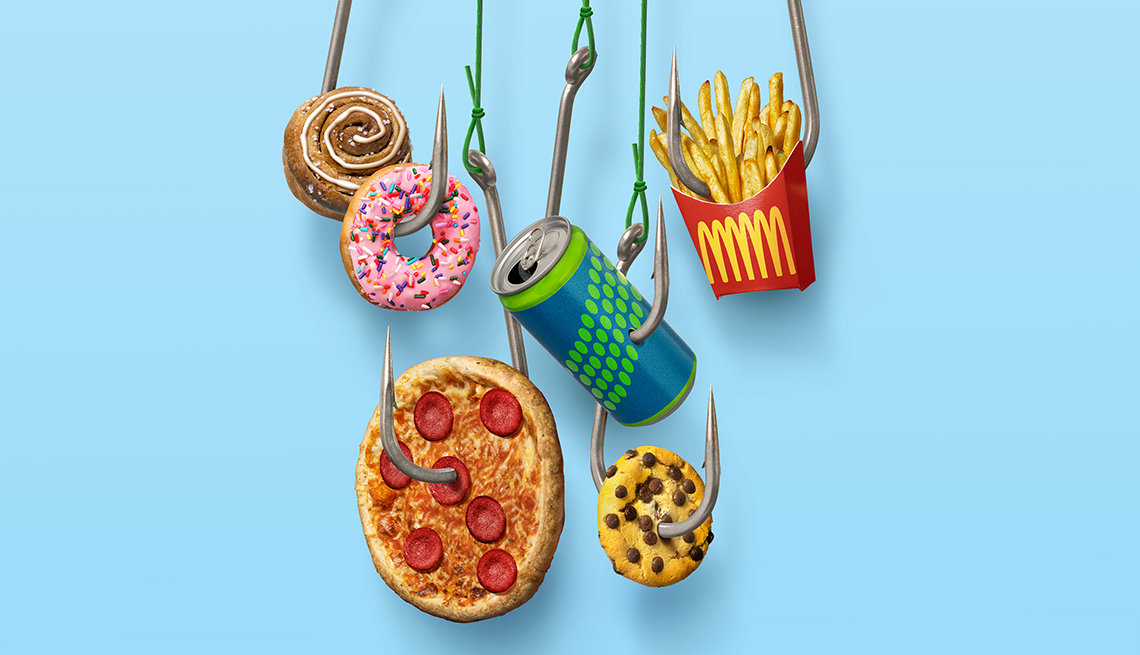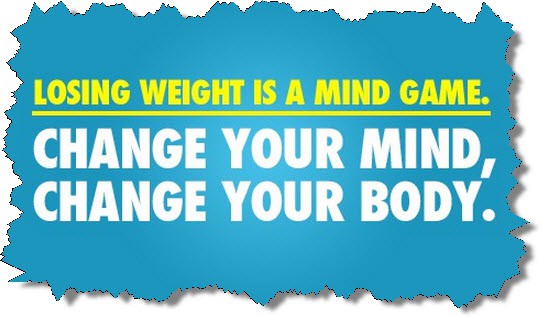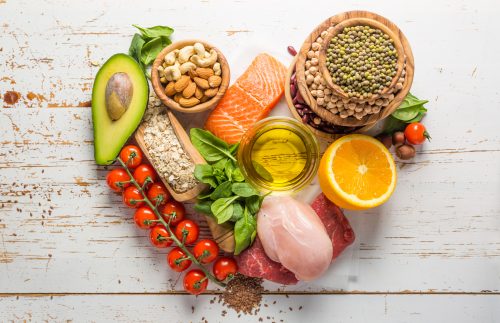Rewriting the Script: Overcoming Sabotaging Thoughts on My Weight Loss Journey
In the quiet moments before dawn, as the world slept, I found myself standing in front of the bathroom mirror, staring at the reflection of someone I barely recognized. It was the face of a person carrying the weight of not just the physical pounds but also the burdensome thoughts that had accumulated over years of unsuccessful attempts at weight loss.
My journey towards a healthier lifestyle wasn’t just about shedding pounds; it was a battle against the sabotaging thoughts that had become a constant companion. The narrative in my head, shaped by personal experiences and societal expectations, was a formidable adversary. Little did I know that the key to lasting transformation lay not in the latest diet trends or intense workout routines but in the quiet revolution within my mind.
The Weight of Words
Growing up, I was bombarded with societal standards and unrealistic body ideals. Magazines, social media, and even well-intentioned family members inadvertently fed the relentless script playing in my mind. “You’re not good enough,” it whispered. “You’ll never succeed in losing weight.”
These sabotaging thoughts became the silent architects of my reality. Every attempt at a dietary transformation felt like battling against my own mind. The weight on the scale seemed secondary to the heavy burden of self-doubt and negative self-talk.
The Turning Point
It wasn’t until I hit rock bottom that I realized the need for a fundamental shift in perspective. As I stared at the mirror that fateful morning, I decided it was time to take control not just of my body but of the story I told myself.
Reprogramming the mind became my mantra. I started by identifying and challenging the sabotaging thoughts as they emerged. Instead of viewing setbacks as failures, I embraced them as opportunities to learn. Each stumble was a chance to rewrite the narrative, to mold it into a story of resilience and determination.
The Power of Affirmations
Affirmations became my secret weapon in the battle against self-sabotage. I replaced “I can’t” with “I am capable.” “I’ll never succeed” transformed into “I am on a journey of progress, not perfection.” The words I chose to repeat to myself became the building blocks of a healthier mindset.
Affirmations weren’t just about positive thinking; they were a conscious effort to reshape the neural pathways in my brain. By consistently reinforcing positive beliefs, I was gradually dismantling the self-limiting thoughts that had held me captive for so long.
Embracing the Journey
Weight loss became less about chasing an arbitrary number on the scale and more about self-discovery. I learned to savor the small victories—a healthier meal choice, a successful workout, or a day without succumbing to negative thoughts. The journey wasn’t a linear path but a series of twists and turns, each contributing to the evolution of a healthier, happier me.
The True Transformation
As the physical transformation unfolded, I realized that the power to change was within me all along. It wasn’t about conforming to external standards but about crafting a narrative that celebrated my uniqueness. The weight loss was not just a shedding of pounds; it was a shedding of the limiting beliefs that had held me back for far too long.
Today, I stand in front of the mirror not as a defeated soul but as a victor in my ongoing journey. The rewiring of my mind has been the linchpin in my ability to lose weight and, more importantly, to keep it off for good.
So, if you find yourself on a similar journey, battling against sabotaging thoughts, remember this: only you write your story, and only you have the power to rewrite it. The scale may measure your physical progress, but the true transformation occurs when you conquer the narrative in your head.
It’s time to silence the whispers of doubt and replace them with the resounding echoes of self-love and determination. The journey is uniquely yours, and the power to overcome is within you. Rewrite your story, and watch as your body follows suit.










